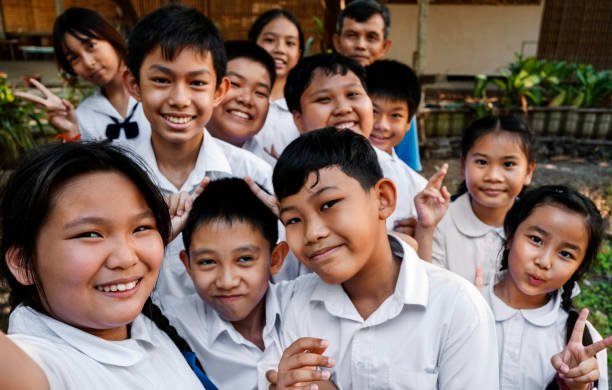After decades of strict rules, students in Thailand now have the freedom to choose their hairstyles. A recent Supreme Administrative Court ruling overturned a 50-year-old directive that enforced short haircuts for boys and ear-length bobs for girls.
For years, schools followed these outdated regulations, often punishing students who didn’t comply. In some cases, teachers even cut students’ hair as punishment. While many schools had already relaxed the rules, some continued to follow the old directive.
The court ruled that the 1975 directive violated individual freedoms protected by the constitution. The case was brought forward in 2020 by a group of 23 students who argued that controlling hairstyles was an infringement on personal rights.
Student activists have long fought for this change, saying it’s about dignity and personal freedom. One of them, Panthin Adulthananusak, recalled how challenging authority once seemed impossible. “If no student had spoken up, it would have been a lifelong regret,” he shared.
In 2020, Thailand’s education ministry allowed longer hairstyles but still imposed restrictions. By 2023, those restrictions were officially lifted, allowing students, parents, and schools to decide what’s acceptable. However, some schools continued to follow the 1975 directive.
Schools often link short hair to discipline and neatness, but in recent years, rules against bangs and dyed hair have sparked backlash. Reports of teachers publicly cutting students’ hair caused public outrage, pushing authorities to reinforce the ban on such punishments.
The Ministry of Education recently stated its commitment to promoting diversity and fairness in schools. The court’s decision now ensures that schools must consider students’ freedom and dignity when setting hairstyle rules.
However, some activists worry that conservative schools might still impose restrictions. Despite this, Panthin believes this ruling is a major step forward. He hopes it will help create a better understanding of basic human rights in schools.
This landmark decision reflects a shift towards greater personal freedom in Thailand’s education system, giving students more control over their own choices.


















